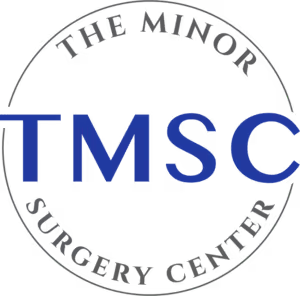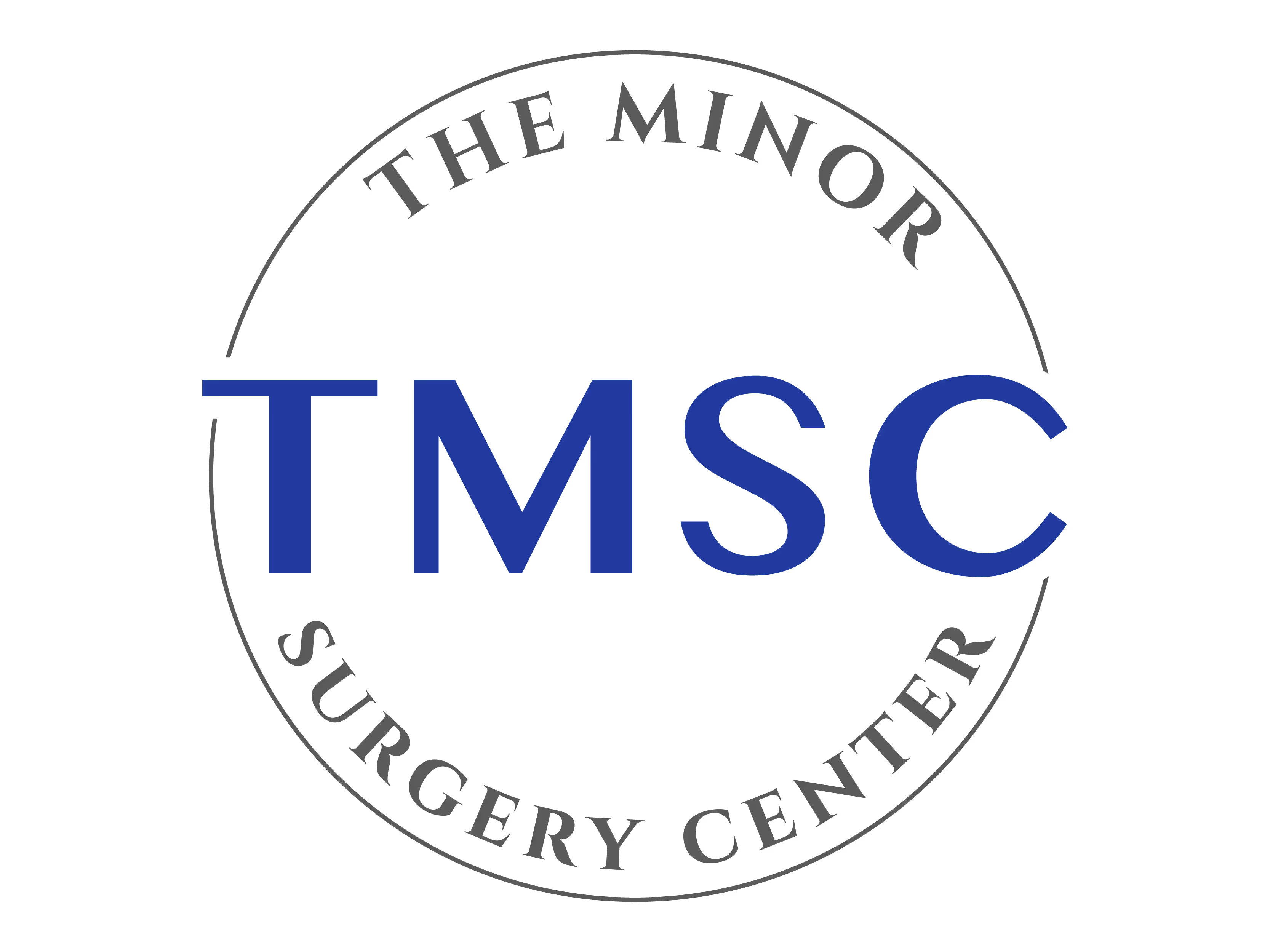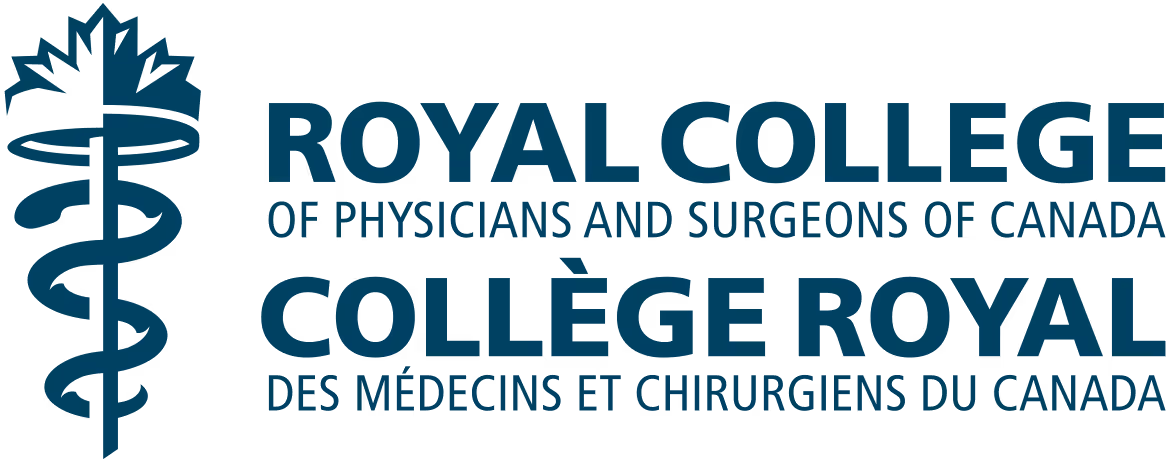What is carpal tunnel syndrome?
Carpal tunnel syndrome is a condition caused by compression of the median nerve as it passes through the carpal tunnel in the wrist. It results in symptoms such as pain, numbness, and tingling in the thumb, index, middle, and part of the ring finger, along with hand weakness and difficulty performing fine motor tasks.
What causes carpal tunnel syndrome?
Carpal tunnel syndrome often results from repetitive hand and wrist motions that put pressure on the median nerve. Other contributing factors can include certain medical conditions (like hypothyroidism, rheumatoid arthritis, diabetes, and obesity), pregnancy-related fluid retention, and anatomical predispositions. Prolonged use of vibrating tools or sustained positions that strain the wrist can also increase the risk.
When should I consider surgery for carpal tunnel syndrome?
You might consider surgery if non-surgical treatments such as splinting, wrist adjustments, physical therapy, and anti-inflammatory medications fail to relieve symptoms. Surgery is typically recommended for persistent or severe symptoms that interfere with daily activities, or when there is evidence of nerve damage.
What does open carpal tunnel release surgery involve?
Open carpal tunnel release surgery involves making a small, approximately 2-inch incision in the wrist area to access the carpal tunnel. The surgeon then carefully cuts the transverse carpal ligament, which decompresses the median nerve by expanding the carpal tunnel space. This procedure aims to relieve pressure on the nerve and alleviate symptoms.
What can I expect during recovery from carpal tunnel surgery?
Recovery times can vary. After surgery, you may experience some pain, swelling, or stiffness in the wrist, which can be managed with medication and rest. You will likely need to wear a splint for a short period and follow specific exercises or physical therapy recommendations to regain strength and mobility. Most patients notice symptom improvement within a few weeks, with continued progress over several months.
How does TMSC ensure quality and safety during carpal tunnel surgery?
At The Minor Surgery Center (TMSC), highly skilled and board-certified surgeons perform carpal tunnel release procedures with precision, prioritizing patient safety and aesthetic outcomes. The procedures are carried out in a state-of-the-art, secure environment, ensuring the highest standards of hygiene and care.
Will OHIP cover the cost of my carpal tunnel treatment at TMSC?
Yes, the Ontario Health Insurance Plan (OHIP) covers the treatment of carpal tunnel syndrome, including the surgical release procedure at TMSC. This coverage helps make carpal tunnel treatment more accessible and affordable for patients.
Why choose TMSC for carpal tunnel treatment in Toronto?
TMSC offers board-certified surgeons with extensive experience and a patient-centered approach to carpal tunnel treatment. They provide personalized care, high-precision surgical techniques, and attention to aesthetic outcomes, all in a safe facility. With OHIP coverage for the procedure, patients receive expert care that is both effective and affordable.





